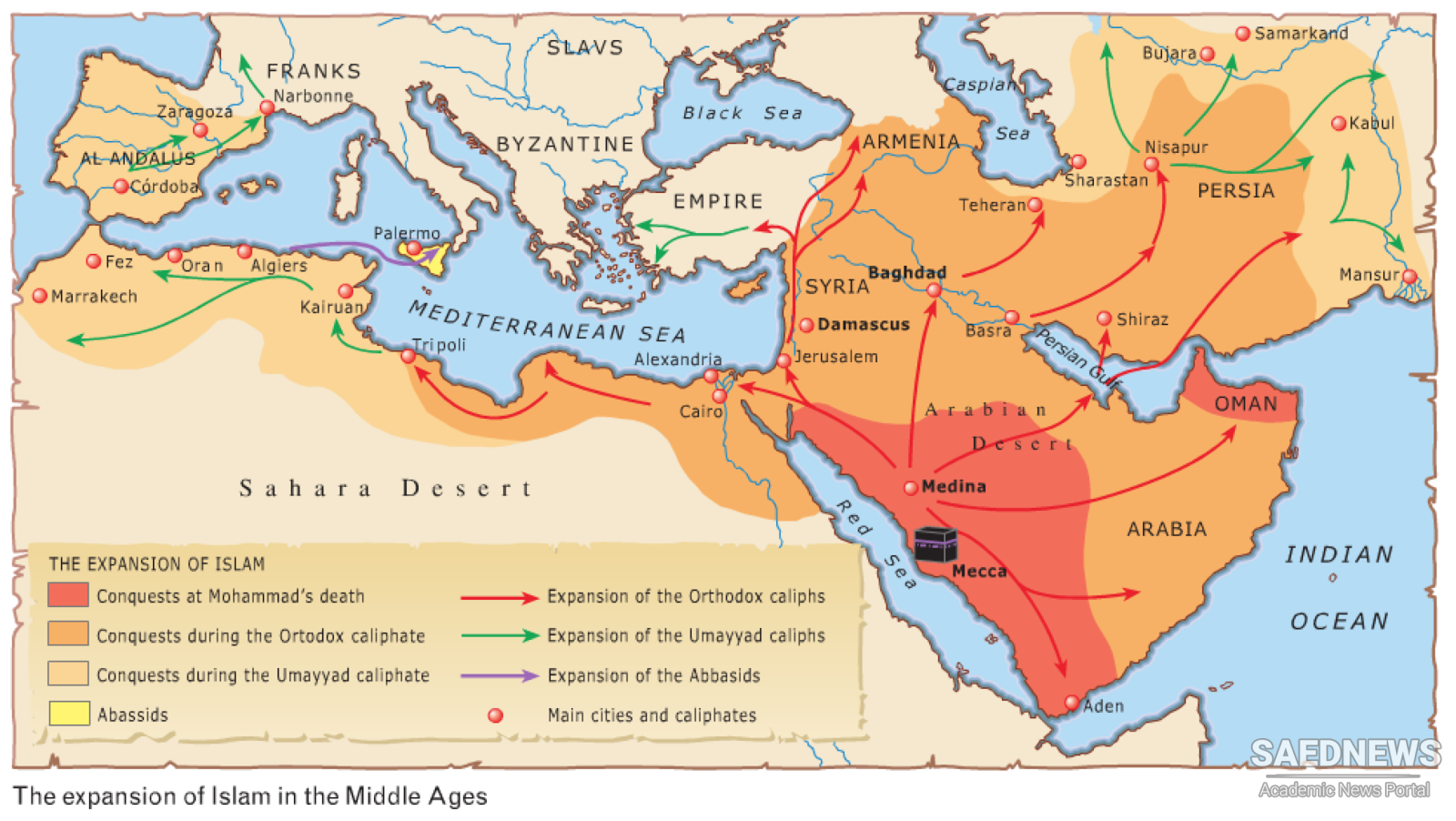The Arab invasion brought abruptly to an end the religious domination of Zoroastrianism in Iran and instituted Islam as the official religion of the state. This invasion was certainly less challenging for the Jews and the Christians than for the Zoroastrians. They had lived as minorities under the Sassanians, and remained as such under Arab rule. The fact that the Jews and Christians had been religious minorities does not, however, mean that they were not affected by the change of rulers. The new nomadic masters of their land were culturally very different from the sedentary Iranians, and their religion, Islam, which regulated many of the Arabs’ laws and customs, was again quite different from that of the Zoroastrian Sassanians. There have been debates on whether the Jews and Christians preferred the Arabs to the Iranians or on whether their situation improved under Arab rule, but in fact all of the arguments are based on assumptions. The Jews and the Christians, as far as historical sources attest, did not collaborate more with the Arabs than did the Zoroastrians themselves. The impact of Islam on the non-Muslim population was to be felt more in the long term. Indeed, in the two centuries that followed the Arab invasion, the bulk of the Iranian population remained non-Muslim. The numerical superiority of Zoroastrians in the 7 th century allowed them even to maintain positions of influence. The Arabs needed their assistance for the administration of their newly conquered lands, and until the 8th century Zoroastrian bureaucrats outnumbered Jewish and Christian administrators to the East of the Euphrates (Source: the Fire, the Star and the Cross).


 Muslim Conquest of Persia: Yazdgerd III Dies Fleeing to China
Muslim Conquest of Persia: Yazdgerd III Dies Fleeing to China














































